Loneliness
CAUSES & EFFECTS
OF EMOTIONS

Embarrassment, Shame, and Guilt
Happiness
Fear and Anxiety
Romantic Attraction
Anger
Optimism and Self-Confidence
Stress and Tension
Sadness
Empathy and Compassion
Envy and Jealousy
Surprise and Flexibility
Emotional Self-Awareness
Loneliness
CAUSES & EFFECTS
OF EMOTIONS

Loneliness
Z.B. Hill

Mason Crest

| Mason Crest
450 Parkway Drive, Suite D
Broomall, PA 19008
www.masoncrest.com |
Copyright 2015 by Mason Crest, an imprint of National Highlights, Inc. All rights reserved. No part of this publication may be reproduced or transmitted in any form or by any means, electronic or mechanical, including photocopying, recording, taping, or any information storage and retrieval system, without permission from the publisher.
Printed and bound in the United States of America.
First printing
9 8 7 6 5 4 3 2 1
Series ISBN: 978-1-4222-3067-1
ISBN: 978-1-4222-3075-6
ebook ISBN: 978-1-4222-8768-2
The Library of Congress has cataloged the
hardcopy format(s) as follows:
Library of Congress Cataloging-in-Publication Data
Hill, Z. B.
Loneliness / Z.B. Hill.
pages cm. (Causes & effects of emotions)
Includes index.
ISBN 978-1-4222-3075-6 (hardback) -- ISBN 978-1-4222-3067-1 (series) 1. LonelinessJuvenile literature. 2. Loneliness in adolescenceJuvenile literature. 3. EmotionsJuvenile literature. 4. Emotions in adolescence Juvenile literature. I. Title.
BF724.3.L64H56 2014
155.92dc23
2014005510
CONTENTS

The journey of self-discovery for young adults can be a passage that includes times of introspection as well joyful experiences. It can also be a complicated route filled with confusing road signs and hazards along the way. The choices teens make will have lifelong impacts. From early romantic relationships to complex feelings of anxiousness, loneliness, and compassion, this series of books is designed specifically for young adults, tackling many of the challenges facing them as they navigate the social and emotional world around and within them. Each chapter explores the social emotional pitfalls and triumphs of young adults, using stories in which readers will see themselves reflected.
Adolescents encounter compound issues today in home, school, and community. Many young adults may feel ill equipped to identify and manage the broad range of emotions they experience as their minds and bodies change and grow. They face many adult problems without the knowledge and tools needed to find satisfactory solutions. Where do they fit in? Why are they afraid? Do others feel as lonely and lost as they do? How do they handle the emotions that can engulf them when a friend betrays them or they fail to make the grade? These are all important questions that young adults may face. Young adults need guidance to pilot their way through changing feelings that are influenced by peers, family relationships, and an ever-changing world. They need to know that they share common strengths and pressures with their peers. Realizing they are not alone with their questions can help them develop important attributes of resilience and hope.
The books in this series skillfully capture young peoples everyday, real-life emotional journeys and provides practical and meaningful information that can offer hope to all who read them. It covers topics that teens may be hesitant to discuss with others, giving them a context for their own feelings and relationships. It is an essential tool to help young adults understand themselves and their place in the world around themand a valuable asset for teachers and counselors working to help young people become healthy, confident, and compassionate members of our society.
Cindy Croft, M.A. Ed
Director of the Center for Inclusive Child Care at Concordia University

Words to Understand
 psychologists: Experts who study the mind and emotions.
psychologists: Experts who study the mind and emotions.
evolutionary: Having to do with the process by which organisms slowly develop and change over many generations.
species: A certain type of organism that is capable of breeding offspring of the same type with each other.
genetic: Having to do with the DNA passed from parent to offspring, and the characteristics that result from it.
neurologists: Doctors and scientists who study the brain and nervous system.
Lisa sat on the sofa, staring into space. Her parents and sister were talking to each other in the same room, but their voices flowed around her without her really hearing. All her closest friends were away on a school trip, and there was nothing to do and no one to talk to. She had tried texting her friend Rick to see if he wanted to get together, but he hadnt answered. Lisa was feeling lonely and bored.
Across the street, elderly Mrs. Holman sat all alone at her kitchen table. Her husband had died the year before, and her three children lived on the other side of the country. Over the past few years, one by one, all her friends had either died or moved away. Mrs. Holman was lonely and sad.
Meanwhile, in the house next door, little Jack Diggins was crying in his crib. His parents had gone to see a movie, and the babysitter had the television turned up so loud she couldnt hear his cries. Jack was feeling lonely and scared.
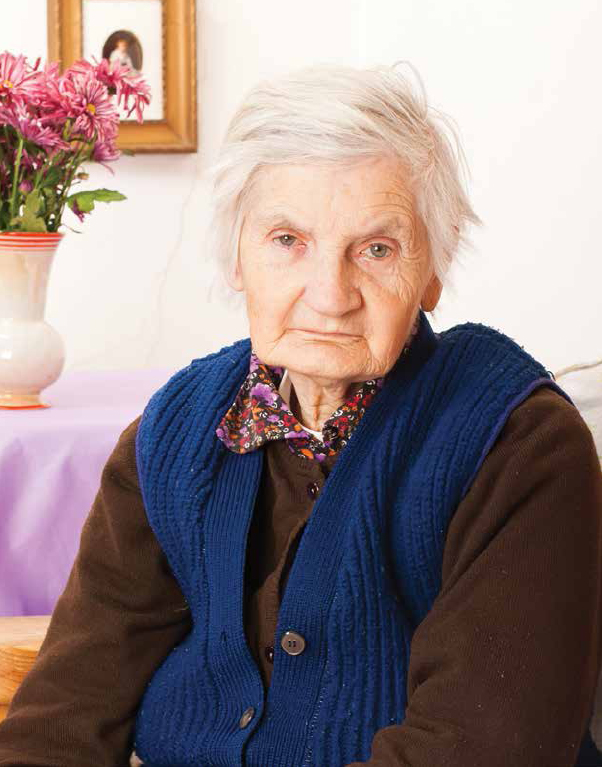
Many older people struggle with loneliness. Their emotions may be hard to identify withbut their loneliness is not so different from yours!
Make Connections
 Experts say that people feel only six main emotionshappiness, surprise, fear, sadness, disgust, and angerand that all the other emotions we experience are some sort of combination or variation of these.
Experts say that people feel only six main emotionshappiness, surprise, fear, sadness, disgust, and angerand that all the other emotions we experience are some sort of combination or variation of these.
There are more than 600 words in the English language used to describe emotions. We use these words to give labels to different shades of the six main emotions. Because we have different words for all these shades of feeling, we can talk about many kinds of emotions.
We use 42 muscles in our faces to express emotions. We have learned to recognized others emotions, based on the expressions on their faces.
And on the other side of town, Lisas friend Rick was walking down the street surrounded by a group of friends. Their voices were loud, and everyone was laughingbut Rick was thinking about his girlfriend Tracy. Tracy was an exchange student to Germany this semester, and Rick missed her. No one else really seemed to get him the way Tracy did. He had tried to tell his friends about a new band he had just heard, but they hadnt understood why he was so excited. So even though he was in the middle of a group of friends, Rick was feeling lonely and misunderstood.
FEELING ALONE
Next page


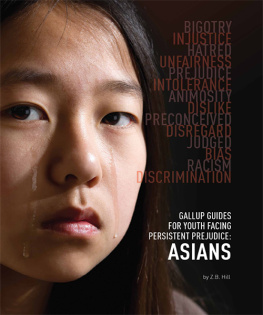






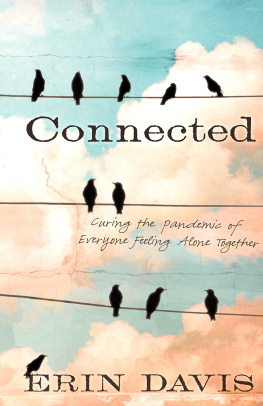


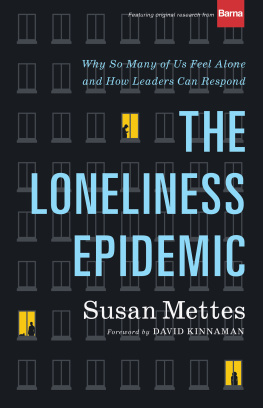

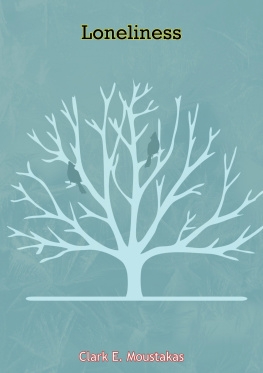
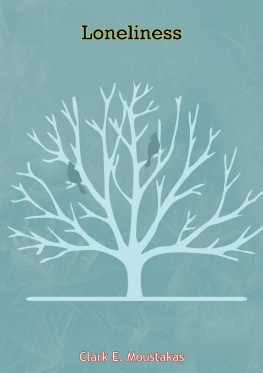






 psychologists: Experts who study the mind and emotions.
psychologists: Experts who study the mind and emotions.
 Experts say that people feel only six main emotionshappiness, surprise, fear, sadness, disgust, and angerand that all the other emotions we experience are some sort of combination or variation of these.
Experts say that people feel only six main emotionshappiness, surprise, fear, sadness, disgust, and angerand that all the other emotions we experience are some sort of combination or variation of these.